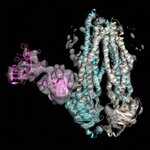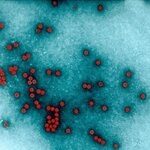
Women frequently experience more severe allergic reactions than men but it has been unclear why. Yet that disparity is more reason why gender balance in studies and trials makes sense.
Anaphylaxis is an allergic reaction triggered by food, medication or insect stings and bites. Immune cells, particularly mast cells, release enzymes that cause tissues to swell and blood vessels to widen. As a result, skin may flush or develop a rash, and in extreme cases, breathing difficulties, shock or heart attack may occur. Clinical studies have shown that women tend to experience anaphylaxis more…







